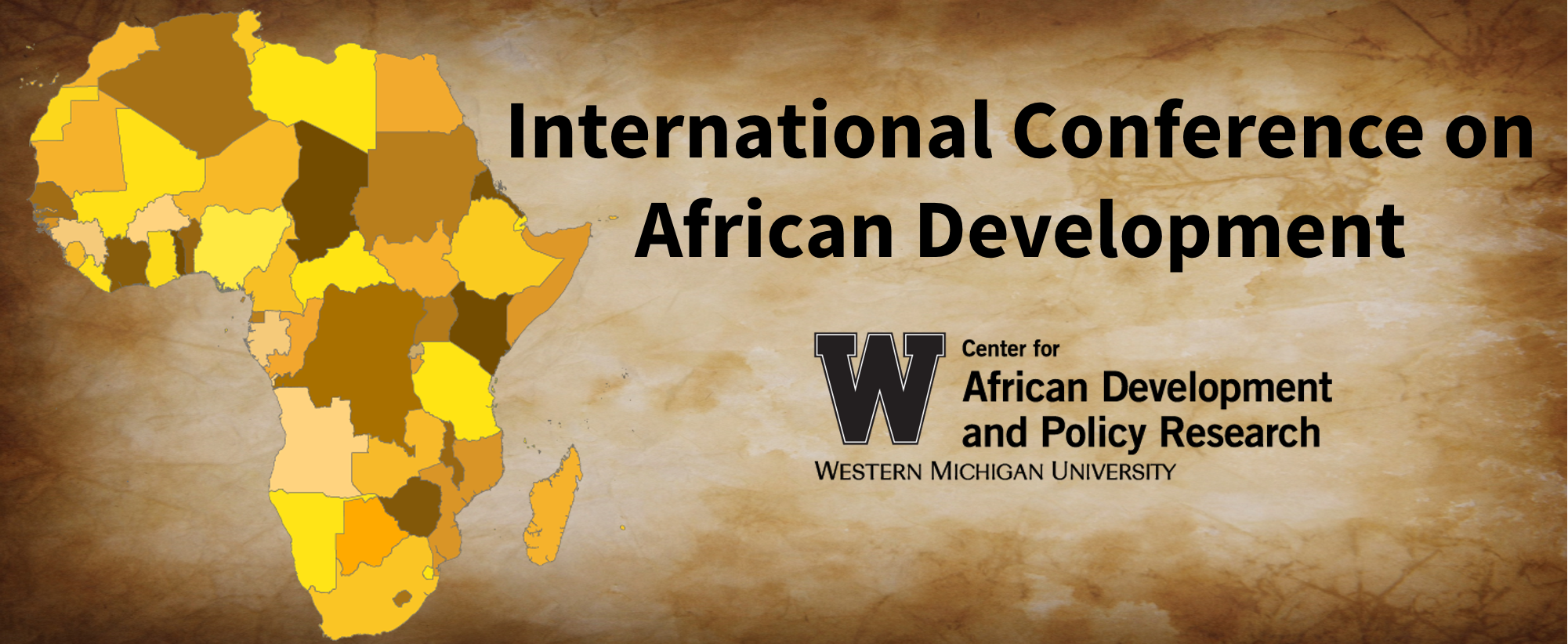9.1 Evangelical Christians in Ethiopia: Examining the Terrains of Political Engagements
Presenter's country
United States
Start Date
18-8-2018 2:00 PM
End Date
18-8-2018 3:00 PM
Location
Bernhard Center 105-107
Submission type
Presentation
Abstract
The history of the evangelical movement in Ethiopia is, relatively speaking, a recent one. Over the last five decades, the number of Ethiopians who consider themselves as evangelicals, or to employ a more popular term, the Pentes has grown considerably. They now constitute close to 20% of the population, introducing a big demographic shift. The socio-political engagement of the evangelical Christians in the nation has been very limited in the past. Cultural, legal and political factors may account for their lack of involvement. But currently, they are causing significant debuts in a number of ways. The most visible expression of this development is the meteoric rise of the new prime minister Abiy Ahmed. The new political dynamics in Ethiopia calls for a fresh thinking of the wider role of faith-based institutions in Ethiopia. This subject, in spite of its importance, has not been sufficiently explored, and this paper is an attempt to fill the gap, partially if not wholly.
9.1 Evangelical Christians in Ethiopia: Examining the Terrains of Political Engagements
Bernhard Center 105-107
The history of the evangelical movement in Ethiopia is, relatively speaking, a recent one. Over the last five decades, the number of Ethiopians who consider themselves as evangelicals, or to employ a more popular term, the Pentes has grown considerably. They now constitute close to 20% of the population, introducing a big demographic shift. The socio-political engagement of the evangelical Christians in the nation has been very limited in the past. Cultural, legal and political factors may account for their lack of involvement. But currently, they are causing significant debuts in a number of ways. The most visible expression of this development is the meteoric rise of the new prime minister Abiy Ahmed. The new political dynamics in Ethiopia calls for a fresh thinking of the wider role of faith-based institutions in Ethiopia. This subject, in spite of its importance, has not been sufficiently explored, and this paper is an attempt to fill the gap, partially if not wholly.


